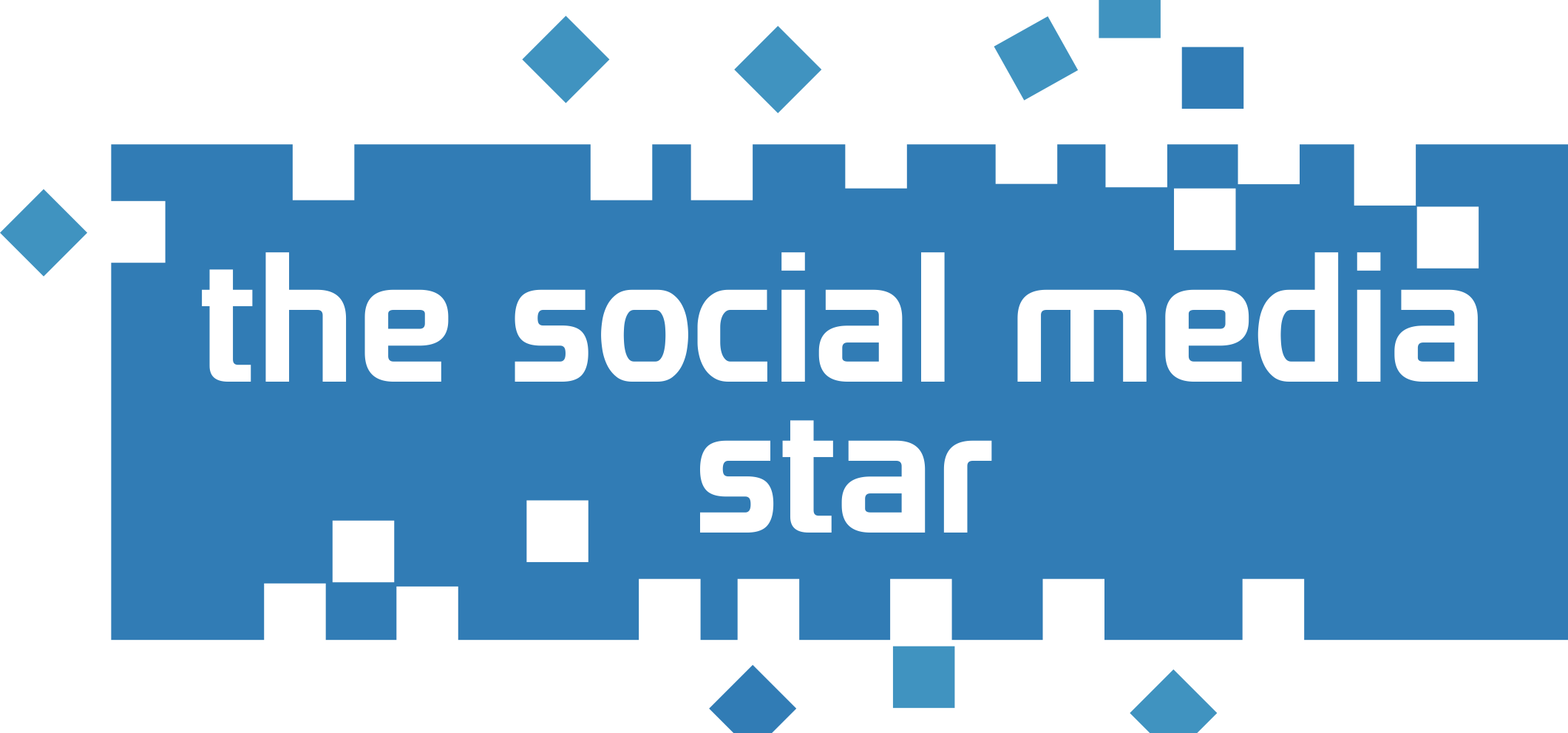Unvaccinated Employees Are Charged A Monthly Fee Of $200 By Delta Airlines.
Key Sentence:
- Delta, the third-largest U.S. airline, will charge a monthly fee of $200 (£145) to employees who have not been vaccinated against Covid-19.
- Unvaccinated Employees will only pay for Covid sufferers who have been hit twice but are still infected.
Chief Ed Bastian said this would help stop the “aggressive spread” of the coronavirus as infections escalate in the U.S. This is the latest attempt by a large company to beat employees. In his message to employees, Bastian said that Delta’s surcharge would start on January 1.
He said the average Covid-19 hospital stay is now $50,000 per person Unvaccinated Employees.
“This additional cost is necessary to manage the financial risk of not getting vaccinated for our company,” he said. “In the last few weeks since option B.1.617.2 was introduced, not all Delta employees hospitalized for Covid have been fully vaccinated.”
Starting September 30, unvaccinated Delta employees will also have weekly Covid tests and wear masks in all Delta’s internal settings. All U.S. airline employees are required to wear an airplane mask, but this does not apply to corporate offices. U.S. companies are trying several approaches to encourage employees to be vaccinated as the delta variant of the coronavirus covers the country.
Some companies like United Airlines, Goldman Sachs, and tech giants Microsoft. And Google have already told their employees that they had to be entirely swayed to get started.
Vanguard has offered vaccinated employees a $1,000 bonus, while Amazon and Apple have no guidelines. On Wednesday, investment bank Credit Suisse said it would ask all unvaccinated employees to work from home from September 7. Like everyone else, he postponed his total return to work until October.
Delta Airlines’ move comes as U.S. airlines struggle to restore confidence after a sharp drop in demand during the pandemic. The airline’s passenger revenue was $5.3 billion for the three-month ended June 30, more than 50 percent more than the same period in 2019 before the crisis began.

